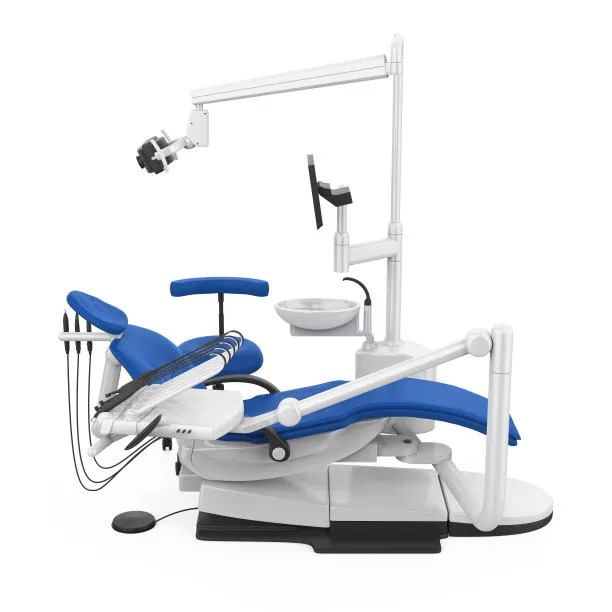Essential Considerations and Precautions to Take Before Undergoing Dental Implantation for Optimal Results and Recovery
Summary: Dental implants have emerged as a revolutionary solution for those seeking to replace missing teeth. However, successful implantation requires careful planning and consideration. This article outlines the essential considerations and precautions to take before undergoing dental implantation, focusing on four key aspects: evaluating suitability, understanding the procedure, post-operative care, and choosing the right dental professional. Each of these areas plays a significant role in ensuring optimal results and a smooth recovery process. By adhering to the guidelines provided, patients can improve their chances of a successful outcome and enjoy the benefits of dental implants for years to come.
1. Evaluating Your Suitability for Implants

Before considering dental implants, it is crucial to assess whether you are a suitable candidate. Factors such as overall health, gum condition, and bone density need to be evaluated. A thorough dental examination, including X-rays, is essential to identify any underlying issues that may affect the success of the procedure.
Additionally, any pre-existing medical conditions, such as diabetes or autoimmune diseases, should be taken into account. These conditions can interfere with healing and increase the risk of implant failure. Discuss your medical history with your dentist to determine if any modifications are needed prior to surgery.
Lastly, lifestyle factors like smoking and oral hygiene habits also play a significant role in candidacy. Habits such as smoking can hinder healing and increase the risk of complications. Its vital to adopt healthy habits leading up to the procedure to enhance the likelihood of a successful implant.
2. Understanding the Dental Implant Procedure
Familiarizing yourself with the dental implant procedure can help alleviate anxiety and set realistic expectations. The process typically involves several stages, including the initial consultation, implant placement, and the attachment of the crown. Understanding each step will empower you to participate actively in your treatment plan.
During the initial consultation, your dentist will create a detailed plan based on your individual needs, including the type of implant and the timeline for the procedure. Knowing what to expect during the surgery, such as pain management, anesthesia options, and recovery time, is essential for your peace of mind.
Post-operatively, there may be a healing period before the final crown can be placed. During this time, its crucial to follow your dentists instructions regarding activity restrictions, pain management, and follow-up appointments to ensure proper healing.
3. Importance of Post-Operative Care
Post-operative care is critical for ensuring the success of dental implants. After the procedure, patients may experience discomfort or swelling, which can be managed through prescribed medications and home care routines. Adequate rest and elevation of the head while sleeping can help minimize swelling.
Maintaining proper oral hygiene is also essential during recovery. Gentle brushing and rinsing with salt water can prevent infection and promote healing. Avoiding strenuous activities or heavy lifting in the initial recovery period is advised to prevent complications.
Regular follow-up appointments with your dentist are key to monitoring the healing process. These visits allow your dentist to assess the implant site, provide professional cleanings, and address any concerns that may arise during recovery.
4. Choosing the Right Dental Professional
Selecting a qualified dental professional is perhaps the most critical decision you will make regarding your dental implant journey. Research potential providers, looking for credentials, experience, and reviews from previous patients. An expert in implant dentistry will help ensure a successful outcome.
During your initial consultation, assess the professionalism and approachability of the dentist and their team. Open communication about your concerns and treatment options is vital for building trust and ensuring a collaborative experience.
Moreover, consider the technology and techniques employed by the dental practice. Advanced imaging technology and implant placement techniques can significantly streamline the procedure and enhance the quality of care.
Summary:
In conclusion, understanding the essential considerations and precautions before undergoing dental implantation can dramatically improve your chances of success. Through thorough evaluation of your suitability, comprehensive understanding of the procedure, adequate post-operative care, and careful selection of a dental professional, patients can set the stage for a positive dental experience. These steps not only enhance the success of the implant but also contribute to a smoother recovery process, allowing patients to enjoy their new smiles sooner.
This article is compiled by Vickong Dental and the content is for reference only.



